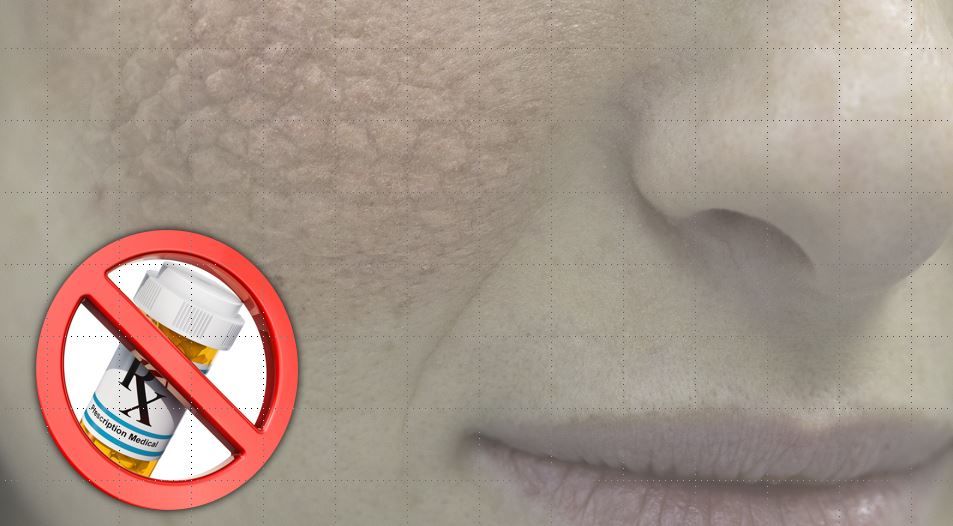Article
Drug-Induced Lupus Now Exceeds 100 Possible Culprits
Author(s):
The list of drugs suspected to cause drug-induced lupus erythematosus now includes metoclopramide hydrochloride, levothyroxine sodium, metronidazole hydrochloride and fexofenadine hydrochloride, according to a study published online this month in JAMA Dermatology.
Lupus (©Alessandro Grandini, AdobeStock)

The list of drugs suspected to cause drug-induced lupus erythematosus now includes metoclopramide hydrochloride, levothyroxine sodium, metronidazole hydrochloride and fexofenadine hydrochloride, according to a study published online this month in JAMA Dermatology.
“Physicians must be aware that a newly diagnosed case of cutaneous lupus erythematosus or systemic lupus erythematosus could be drug induced,” wrote the authors led by Jeanette Halskou Haugaard, M.D. of Herlev and Gentofte University Hospital in Denmark. “It is important that physicians are updated on the changing drug list and remain aware of potential new drug associations.”
More than 100 drugs are suspected to cause drug-induced lupus erythematosus, which may explain up to 30 percent of all subacute cutaneous lupus erythematosus (CLE) cases and up to 15 percent of systemic lupus erythematosus (SLE) cases. Prolonged exposure to the suspected drug is generally required for drug-induced lupus erythematosus to develop, and symptoms must resolve when treatment is stopped to meet the definition of the condition. However, no clear clinical or serologic criteria for drug-induced lupus erythematosus exist. Further, no study has examined the association between drug use and a subsequent diagnosis of systemic lupus or cutaneous lupus based on a systematic screening process of the drugs in a large-scale setting.
In this case-control study, the researchers screened nationwide administrative prescription data from Denmark to assess the association between drug use and a subsequent diagnosis of system lupus or cutaneous lupus. A total of 3,148 patients with SLE (n = 1,850; 83.1 percent women; median age at diagnosis, 45.0 years) or CLE (n = 1,298; 78.7 percent women; median age at diagnosis, 50.5 years) and 31,480 controls (81.3 percent percent women; median age, 47.5 years) were found.
While many significant associations between drug use and a subsequent diagnosis of SLE and CLE were observed, the authors suggested that numerous associations were likely due to protopathic bias (i.e., the risk of being prescribed certain drugs due to early symptoms). However, potentially new significant associations were metoclopramide hydrochloride and levothyroxine sodium for SLE and metronidazole hydrochloride and fexofenadine hydrochloride for both systemic lupus and cutaneous lupus.
“To our knowledge, these drugs have not been previously reported as inducing drug-induced lupus erythematosus, and protopathic bias is less likely,” the authors wrote. “However, hypothyroidism is reported in 4 percent of patients with SLE, which could partially explain the association between levothyroxine sodium and SLE.”
______________________
REFERENCE
Jeanette Halskou Haugaard, Kristian Kofoed, Gunnar Gislason, et al. “Association Between Drug Use and Subsequent Diagnosis of Lupus Erythematosus.”JAMA Dermatology.September 2, 2020. doi:10.1001/jamadermatol.2020.2786




